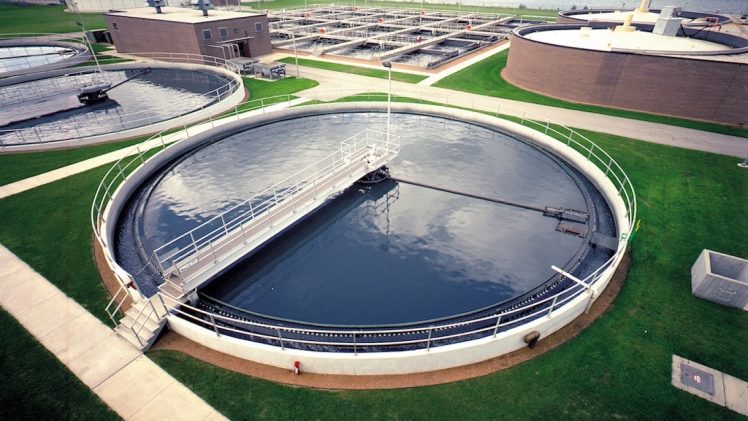The existence of freshwater reserves is what makes Earth different from other planets. Currently, we have enough fresh water to fulfil current and future needs. However, in some regions, the limited clean water supply affects human health, economic and ecological development.
We need to research more about water management areas to understand the need for sustainable wastewater treatment. We must find a practical solution to a changing climate and a growing population. Thus, in this article, we will learn more about water treatment, its steps, and its types. We will also examine the importance of sustainable wastewater treatment.
Meaning of Water Treatment
Water treatment involves enhancing the quality of water to meet the needs of the masses. These needs range from drinking water to industrial water supply. They also include water recreation and replenishing natural water resources. Before we learn more about sustainable wastewater treatment, we need to go over the water treatment stages in greater detail.
Water Treatment Process
- Coagulation- The process of sustainable wastewater treatment starts with coagulation. In this step, positively charged chemicals neutralise dirt and unwanted particles in the water. It causes them to bond. Chemicals like salt, aluminium or iron are used in the coagulation process.
- Flocculation– Water is mixed gently during flocculation to form larger particles called flocs. Flocculation is the application of a chemical coagulant to water. It improves particle interaction, resulting in larger, easier-to-separate aggregates.
- Sedimentation– Water treatment plants utilise sedimentation to separate solids from water by settling heavy flocs to the bottom.
- Filtration– Clearwater is filtered through various materials like sand, gravel, and charcoal. This process eliminates particles, germs, chemicals, parasites, bacteria, and viruses. Activated carbon filters are also employed to remove unpleasant odours.
- Disinfection– Treatment plantsensure water quality and ensure low disinfectant levels. Water treatment plants utilise chemical disinfectants like chlorine, chloramine, or chlorine dioxide. This process kills parasites, bacteria, or viruses present in the water after filtration. The disinfectant in the water also kills germs accumulated in the pipes between the plant and your tap.
Water Treatment Types and Uses
Water treatment systems are precisely engineered to cater to particular needs. The top two frequently utilised categories include:
-
Household Water Treatment
Household water treatment is a critical public health measure. It plays a pivotal role in enhancing drinking water quality and curbing the issue of diarrheal illnesses. This is especially crucial for individuals who rely on erratic piped water supplies.
-
Industrial Water Treatment
Water treatment is a necessary process that occurs both before and after industrial use. The requirements may change depending on the industry.
The food and beverage sector demands water treatment to ensure water quality in food processing. At the same time, the automotive industry manufacturing plants need to either dispose of or recycle wastewater. Effective water treatment is essential for both these industries to operate efficiently.
Importance of Sustainable Wastewater Treatment
-
Water Scarcity
The issue of water scarcity impacts more than 40% of the world’s population. By 2025, almost two-thirds of the world’s population may face water shortages. Globally, 80% of wastewater from agriculture, domestic, industries and rainwater runoff flow back into the ecosystem without treatment.
This is not only a resource wastage but also a health risk for people who live off the river and groundwater. Sustainable wastewater treatment here holds significant importance as it can help solve the problem of water scarcity.
-
Pollution
Wastewater contains chemical elements like nitrogen and phosphorus from human waste, food, certain soaps, and detergents. Once the water is cleaned to the standards set, it can reduce nitrogen and phosphorus concentrations. Recycled water is a sustainable and cost-effective alternative to reducing water pollution.
Taking Part in a Sustainable Future
Sustainable wastewater treatment is essential and ensures the well-being of the residents. It also allows resources to be used up to their optimum limit. Wastewater management promotes a system solution framework guaranteeing that every resource is responsibly utilised. Sustainable wastewater treatment can work as a boon towards building a green and clean future.


